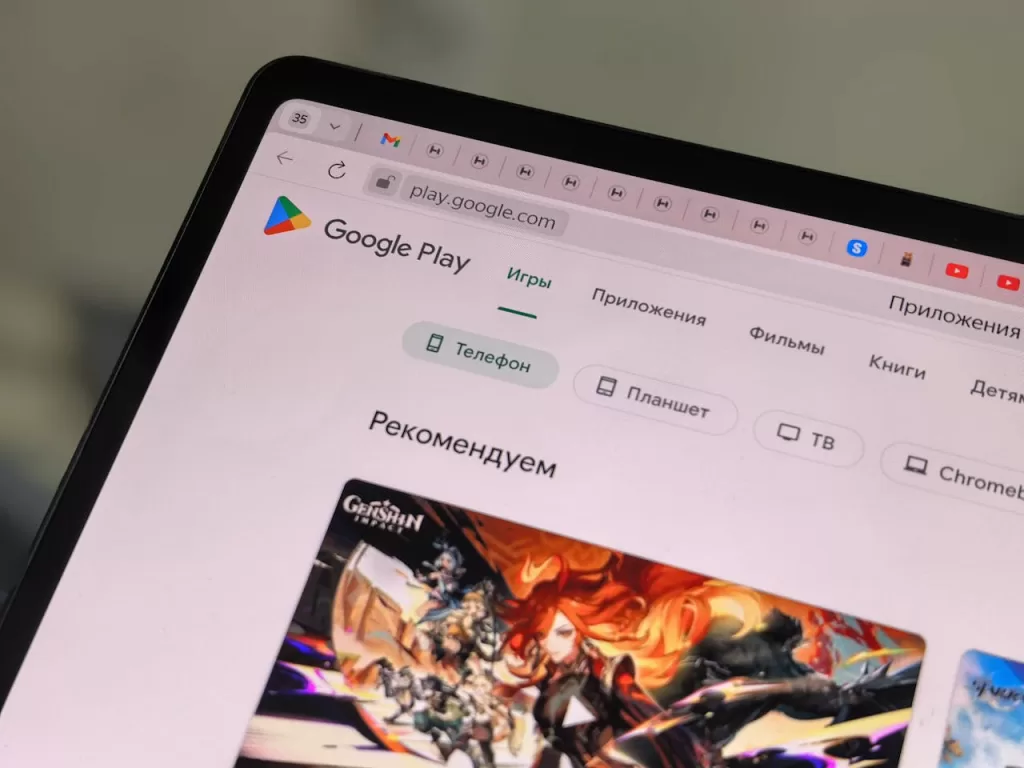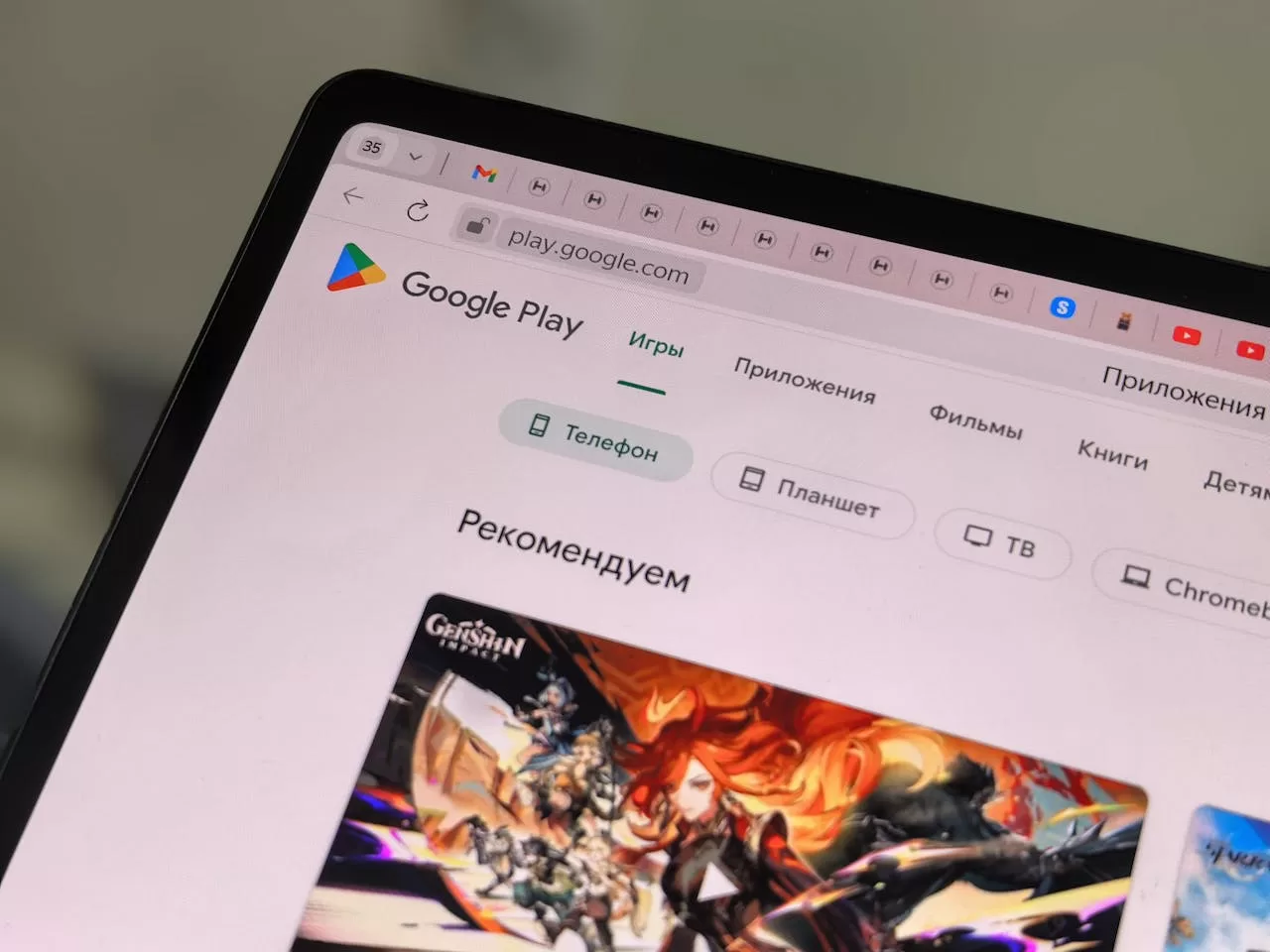The U.S. Supreme Court denied Google’s emergency request to delay sweeping antitrust reforms to the Play Store. This ruling, stemming from the landmark 2023 victory by Epic Games, forces Google to comply with court-ordered changes that will fundamentally alter how developers can monetise their products and how users can download apps on Android devices.
Immediate Changes: Decoupling Payments and Distribution
The most immediate and impactful changes centre on ending Google’s compulsory control over in-app payments, a system that generated billions in revenue via a mandatory 15% to 30% commission.

Beginning October 22, 2025, Google must implement critical reforms that grant unprecedented freedom to developers:
- Flexible Billing: Google can no longer force developers to use Google Play Billing for in-app transactions. Developers are now legally entitled to steer U.S. users to external payment systems without the historical burden of fees, “scare screens,” or friction.
- External Links and Downloads: Developers must be allowed to include external links in their apps, enabling users to bypass Google’s billing system entirely. Developers will also gain the right to link to external download options and set their own prices independently of Google’s interference.
For the consumer, this practically means seeing more conspicuous choices to pay or download away from the Play Store, which will likely foster price competition among developers and different payment service vendors.
Long-Term Overhaul: Opening the Walled Garden
Beyond payment reforms, the court’s injunction sets the stage for a dramatic structural overhaul of the Play Store ecosystem, designed to “level the playing field” for rivals. These changes, which will come with a later deadline of July 2026, mandate:
- Rival Distribution: Google must allow rival app stores to be available for download directly within the Google Play Store itself.
- Catalog Access: Google must work with Epic and others to establish a system that allows competing app stores to access Google Play’s vast app catalog.
Furthermore, the injunction prohibits Google from continuing its past anticompetitive practices, including striking revenue-sharing deals with phone manufacturers and carriers to ensure Play Store exclusivity or offering incentives to app makers to avoid rival stores. By limiting this “pay-to-preload” behavior, the ruling smooths the path for rival app stores to gain greater ground with manufacturers.
The Security vs. Competition Tug-of-War
Google maintains that the changes “will jeopardize users’ ability to safely download apps” and cause reputational harm. The shift means Google will no longer be the sole party responsible for securing every purchase, processing payment, and handling customer support for those transactions.
However, the courts rejected Google’s security arguments, noting that the company must comply and continue its appeal. Google plans to file its full Supreme Court appeal by October 27. The implementation will still require Google to shore up its safety guardrails, including relying more heavily on Play Protect scanning and improved permission prompts, as app distribution continues to fragment. For Android users and developers, the path forward is set for unprecedented competition, greater complexity, and a fundamental change to how the platform is monetised.






